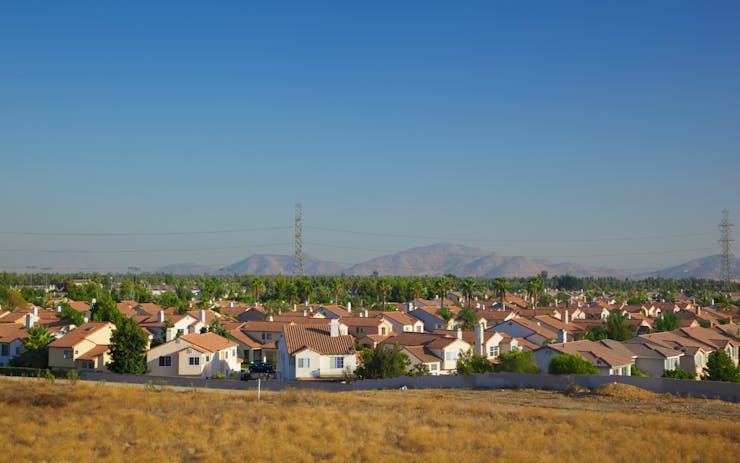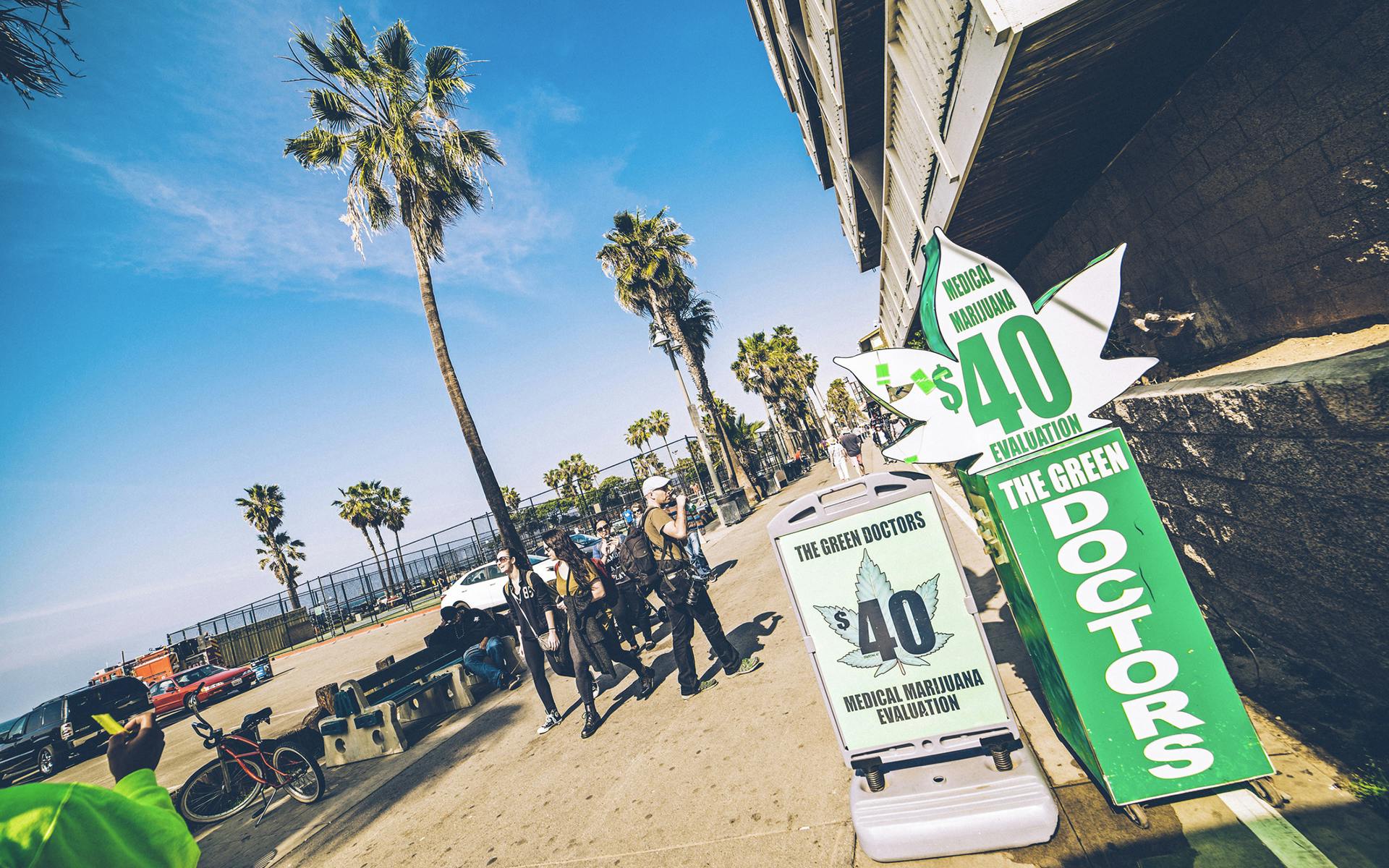The American Civil Liberties Union and Drug Policy Alliance are suing a Southern California city over rules the groups say make it “virtually impossible” for residents to grow cannabis at home.
Filed Monday in San Bernardino County Superior Court, the lawsuit is one of the first major challenges to the growing trend of local governments passing tight restrictions on home cultivation.
“City ordinances that are plainly intended to circumvent what state law now allows invite legal challenges such as this one.”
While Proposition 64 grants all California adults the right to grow cannabis at home, it also gives cities and counties the ability to “reasonably regulate” that right. What that means, however, is open to interpretation and will likely be hammered out in court.
Attorneys for DPA and the ACLU claim that an ordinance adopted by city of Fontana crosses the line by putting up obstacles that violate residents’ constitutional rights and prohibit some residents from growing at all. The groups are asking the court to bar Fontana from enforcing the rules.
“Local governments cannot undermine or undo what their voters and what the voters of California have embraced,” DPA staff attorney Joy Haviland wrote in a post about the suit. “City ordinances that are plainly intended to circumvent what state law now allows invite legal challenges such as this one.”
Fontana isn’t alone in trying to restrict home cultivation. Just east of Los Angeles, in Montebello, residents who want to grow cannabis can do so only if they don’t owe any taxes and are willing to submit to periodic home inspections by the city. In Indian Wells, near Palm Springs, residents must pay for a background check to prove they haven’t been convicted of a felony drug violation in the preceding five years. Even then, the city has rules on which rooms of resident’s home can and can’t be used for cultivation.
Among the provisions in Fontana’s measure, Ordinance 1758, a would-be home grower must register with the city, undergo a criminal background check, open their home to city officials, and pay a permit fee of $411.
“Even worse,” the ACLU and DPA lawsuit says, “Ordinance 1758 requires applicants to make self-incriminating statements in their permit applications, statements that admit to a violation of federal law and that federal authorities could easily obtain.”
Some residents with criminal records are barred from growing under any circumstances, which has frustrated criminal justice reformers.
“The ACLU of California supported Prop. 64, in large part because of our longstanding policy that possessing or cultivating marijuana for personal use should not be a crime,” Jess Farris, the ACLU of Southern California’s director of criminal justice, said in a statement. “The Fontana ordinance—and other similar ordinances around the state—would criminalize the very conduct Prop. 64 legalized, particularly for people who are ineligible to obtain a permit because of their criminal convictions or their lack of funds to obtain a permit or to dedicate an entire room in their home to cultivation.”
Councilmembers directed staff to revisit the ordinance “to look for opportunities to provide additional restrictions.”
A provision of Prop. 64 notes that “no city, county, or city and county may completely prohibit persons engaging” in home cultivation of up to six cannabis plants. But critics say that’s exactly what some local governments are trying to do.
“This is overreach,” Thomas Abouriali, a Fontana resident opposed to the ordinance, told the Orange County Register. “They don’t like Prop. 64, so they definitely want to restrict this as much as possible.”
Shop highly rated dispensaries near you
Showing you dispensaries nearThe City Council record suggests Abouriali has a point. When councilmembers introduced the ordinance at a Jan. 27 meeting, city records show, they directed staff to revisit the issue “to look for opportunities to provide additional restrictions in the ordinance.”
The City Council formally adopted the rules on Feb. 14.
Reached late Tuesday via a spokesperson, Fontana City Attorney Jeffrey Ballinger told Leafly he was unable to respond to the ACLU–DPA lawsuit.
“Thank you so much for the opportunity to discuss this with you,” he said in a statement provided by his law firm, Best Best & Krieger. “The city has not yet been served with the complaint and so we can’t comment until the City Council and City Attorney’s Office have had a chance to review it.”






